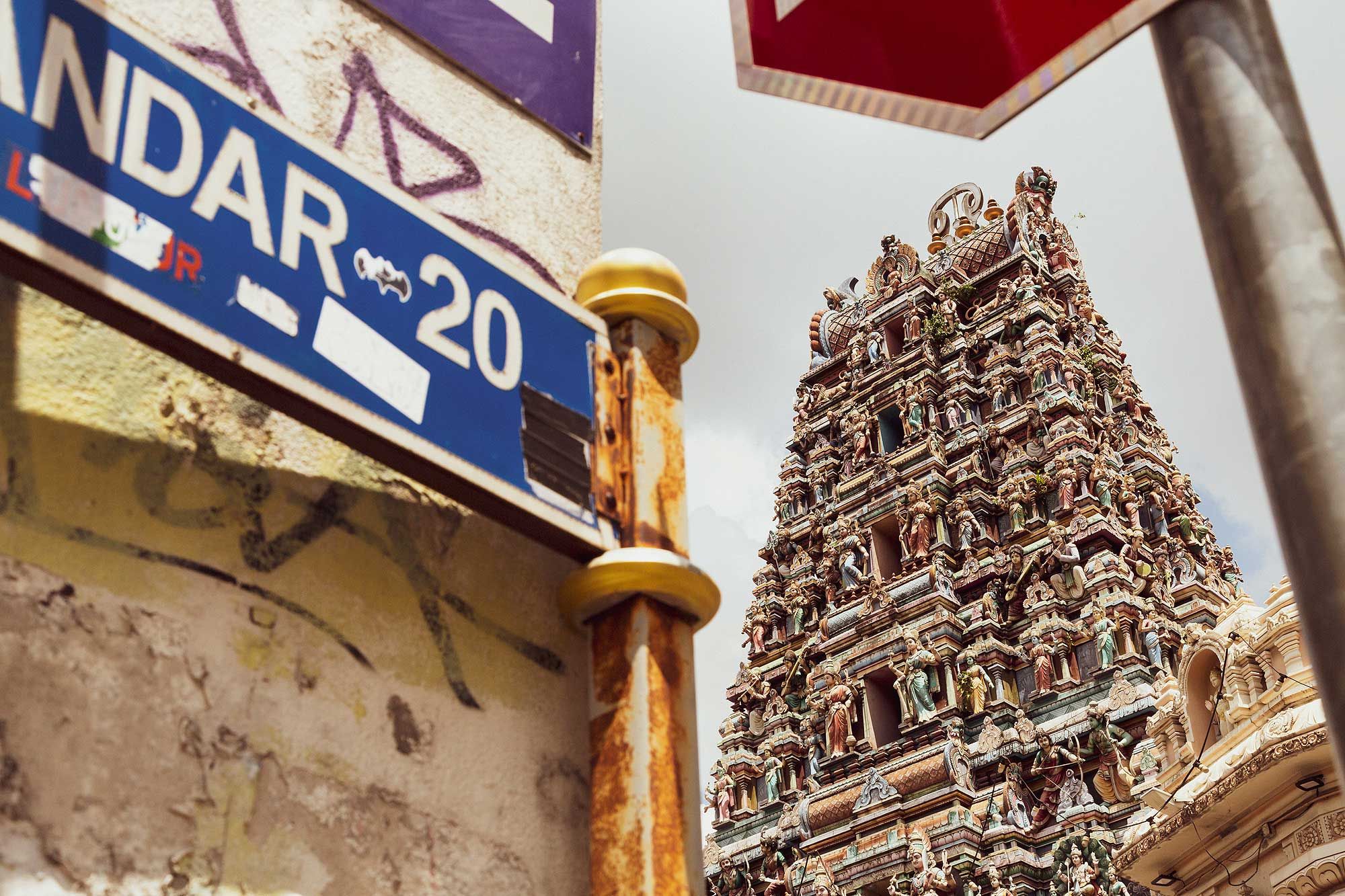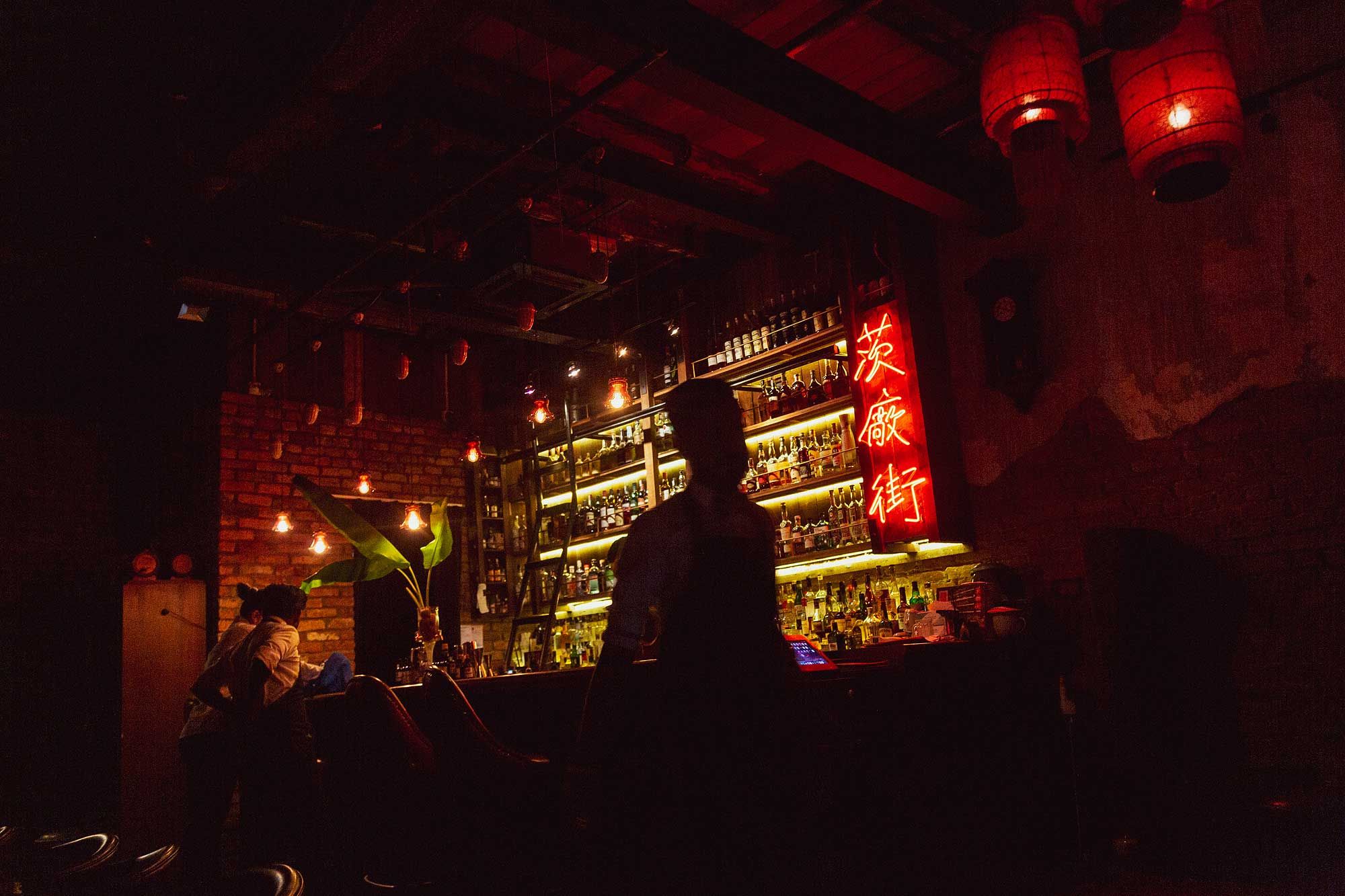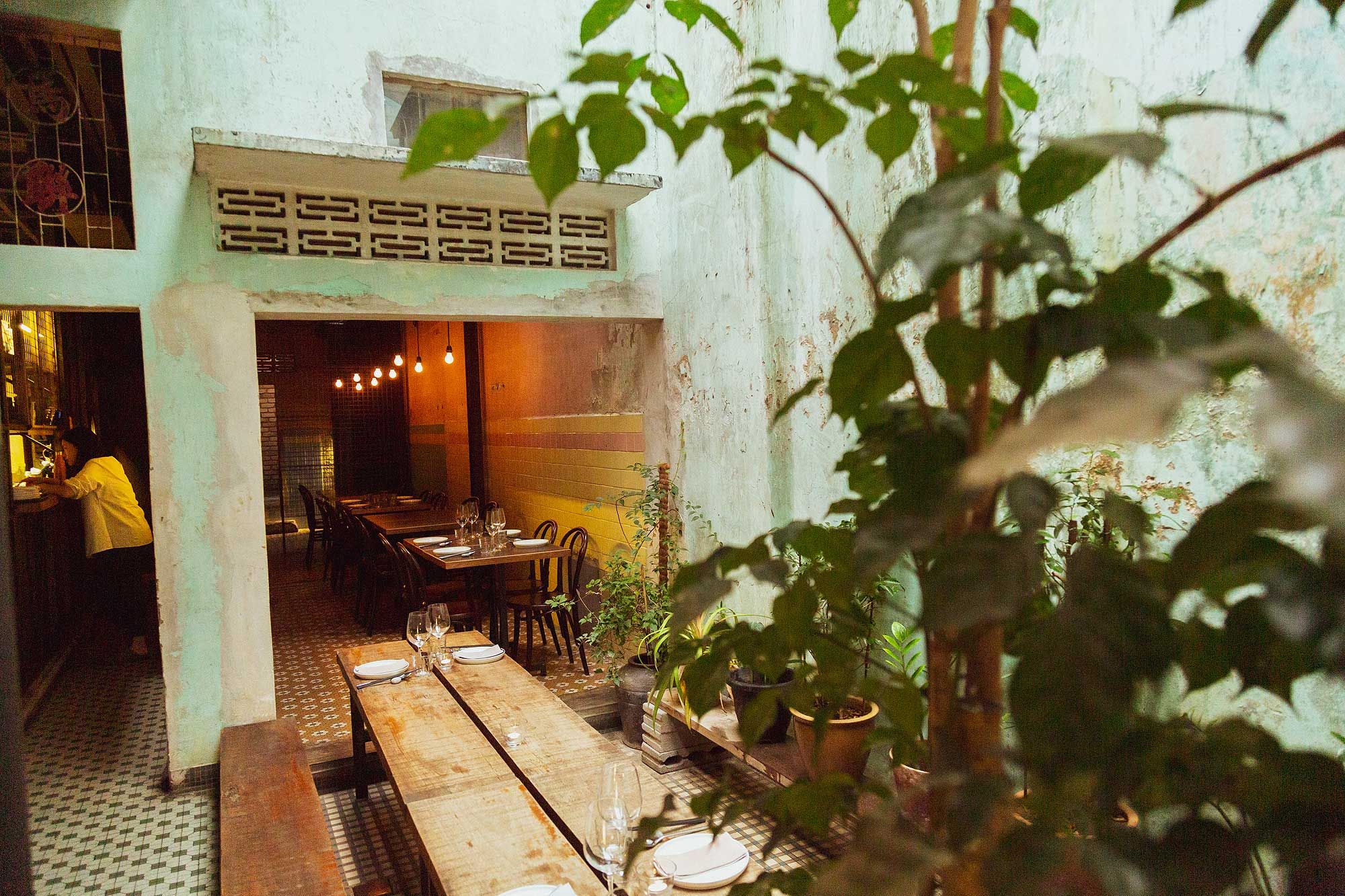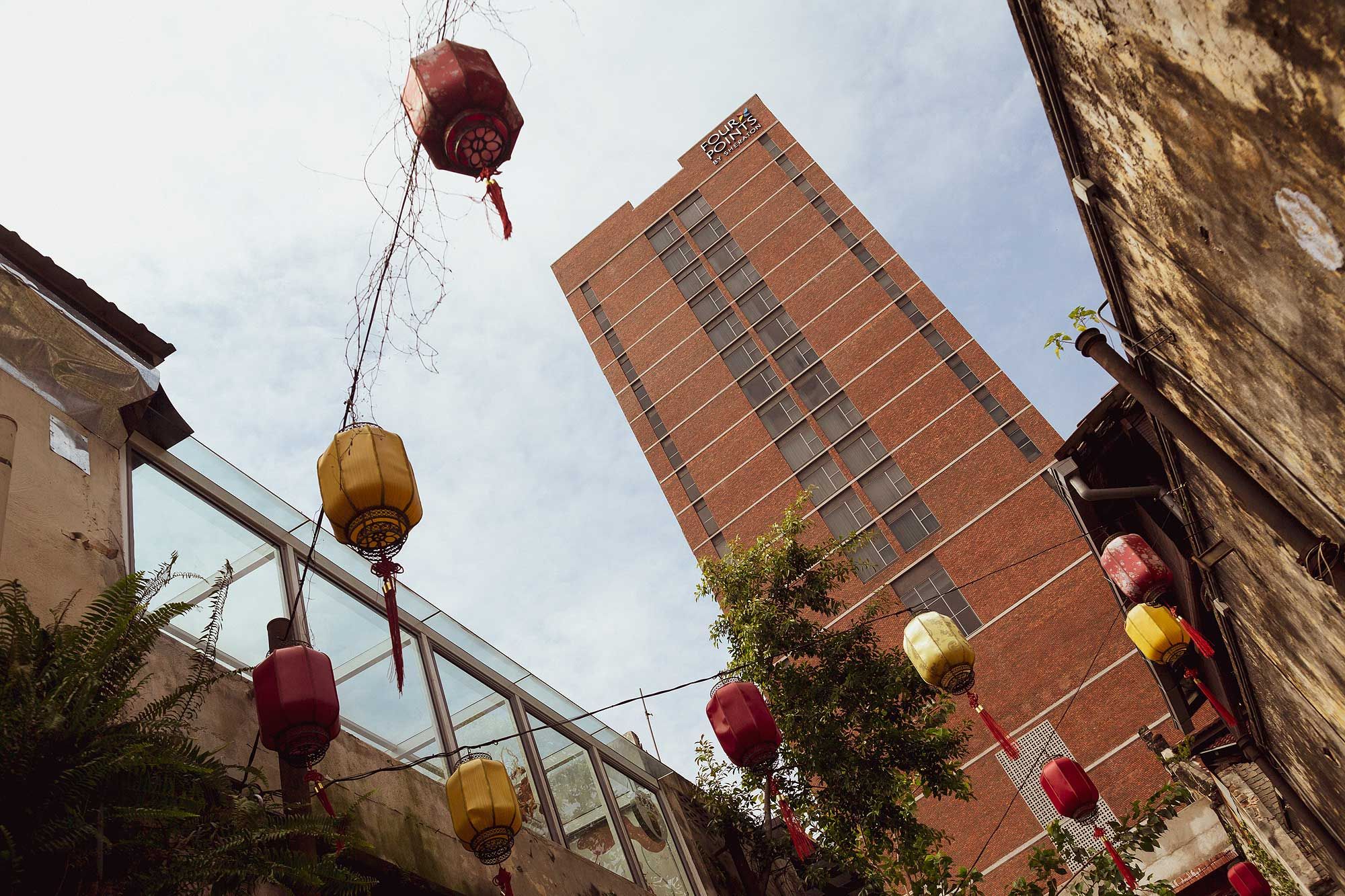1. Petaling Street

For those unfamiliar with the history of this popular local landmark, Petaling Street was once home to Chinese settlers (most of whom were Hakka and Cantonese) who joined Malaysia’s flourishing tin mining industry in the early 19th century. However, a civil war between the two clans in 1870 led to not only the destruction of many buildings but also the cessation of mining activities as miners were forced to abandon the sites as the infighting worsened. Consequently, the unattended mines flooded, and the miners found themselves left bereft of their livelihoods.
But Kapitan Yap Ah Loy, a prominent figure in our capital's history, bade his fellow brethren to stay. Building a tapioca mill in the area that was known as Petaling Road then, he persuaded the Chinese community to shift their focus towards agriculture instead. And although the venture failed in 1880 due to the price reduction in tapioca, the factory’s Cantonese iteration, 'Chee Cheong Gai', remains to this day.
Today, while Petaling Street proper is rather infamous for counterfeit goods and bustling night crowds, there is more than meets the eye in this urban neighbourhood.
More: 4 Homegrown Malaysian Brands On Standing The Test Of Time
















